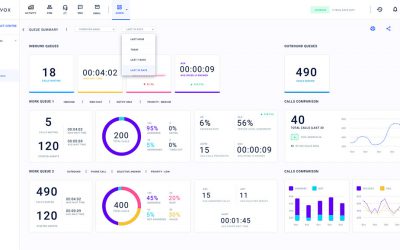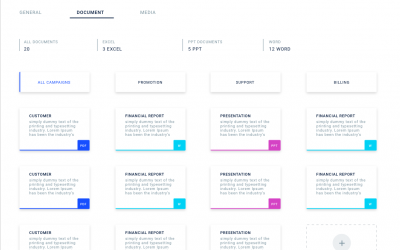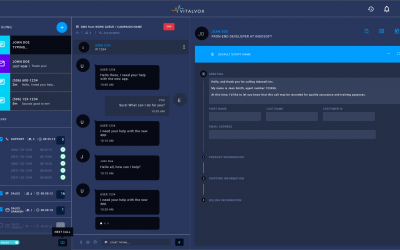VoIP Revolutionizes Communication

Voice over Internet Protocol VoIP revolutionizes communication, becoming a game-changer in the industry. As traditional landline telephony fades, VoIP transforms our personal and professional interactions. Let’s explore what VoIP is and how it works.
What is VoIP?
VoIP, short for Voice over Internet Protocol, allows voice communication over the internet rather than through traditional telephone lines. Essentially, VoIP enables phone calls using an internet connection, transforming voice signals into digital data packets. These packets are then transmitted over the internet to reach the recipient. Notably, this technology has gained immense popularity due to its cost-effectiveness, versatility, and abundance of features.
How Does VoIP Work?
Voice Conversion to Data
When you speak into a VoIP-enabled device, such as a VoIP phone or a computer with VoIP software, the device converts your analog voice signals into digital data. Specifically, an Analog-to-Digital Converter (ADC) samples your voice and translates it into a stream of 1s and 0s, creating digital packets.
Packetization
Next, the digitized voice data is divided into smaller data packets, each containing a portion of the voice signal and addressing information (source and destination IP addresses). Packetization ensures efficient data transmission over the internet.
Routing and Transmission
Then, the data packets travel over the internet using the Internet Protocol (IP). Routers and switches on the internet infrastructure direct these packets through the most efficient paths towards their destination.
Voice Reassembly
Upon reaching the destination, the recipient’s device reassembles the data packets into their original digital format. Subsequently, a Digital-to-Analog Converter (DAC) converts the digital data back into analog audio signals.
Two-Way Communication
VoIP technology supports bidirectional communication, allowing both parties to engage in a real-time conversation, just like a traditional phone call.
Integration of Additional Features
One of the key advantages of VoIP is its ability to integrate additional features like video conferencing, call forwarding, voicemail, call recording, and more. Consequently, these features enhance the overall communication experience and productivity for individuals and businesses alike.
Advantages of VoIP
Cost Savings
VoIP calls are generally more affordable than traditional long-distance calls, making it a cost-effective option, especially for international communication.
Flexibility and Mobility
VoIP works on various devices, such as smartphones, laptops, and tablets, allowing users to stay connected from virtually anywhere with an internet connection.
Scalability
VoIP systems are easily scalable, making them suitable for businesses of all sizes. As the organization grows, adding new lines or users is simple.
Feature-Rich
VoIP systems come with an array of features that enhance productivity and collaboration, catering to the needs of businesses and individuals.
Integration with Other Applications
Furthermore, VoIP integrates with other communication and business applications, streamlining workflow and making it more efficient.
Conclusion: VoIP Revolutionizes Communication
Voice over Internet Protocol (VoIP) has reshaped the way we communicate. By converting voice signals into digital data packets and transmitting them over the internet, VoIP offers cost savings, flexibility, scalability, and an array of advanced features. As technology continues to advance, VoIP is poised to play an increasingly significant role in shaping the future of communication. Whether you’re a business owner looking to optimize communication or an individual seeking a more affordable and feature-rich calling experience, VoIP is undoubtedly a compelling choice.
Contact Us
Curious about how VoIP can transform your communication strategy? Contact us today to learn more and find the perfect VoIP solution for your needs.
Categories
- Agent Performance & Training
- AI solutions
- Asterisk
- Business Growth
- Call Center Performance & Productivity
- Call Center Software Platform
- Call Center Technology & AI Integration
- Call Center Training
- Call Center Workforce Management
- Call Monitoring
- Cloud-Based Solutions
- Customer Experience
- Data Security
- General
- Insights
- Integrated Customer Service
- News
- Omnichannel Communication Strategy
- Omnichannel Support
- Quality Assurance
- Tech


